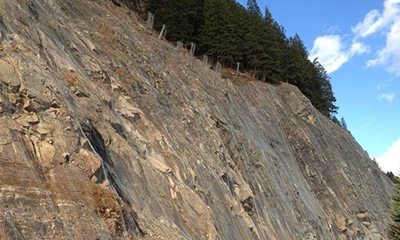
Evaluate the site to identify potential rockfall hazards, including loose rocks or unstable slopes.
Determine the appropriate type and size of rockfall protection netting based on the site conditions and required level of protection.
Consider factors such as rock size, velocity, and frequency of rockfall events.
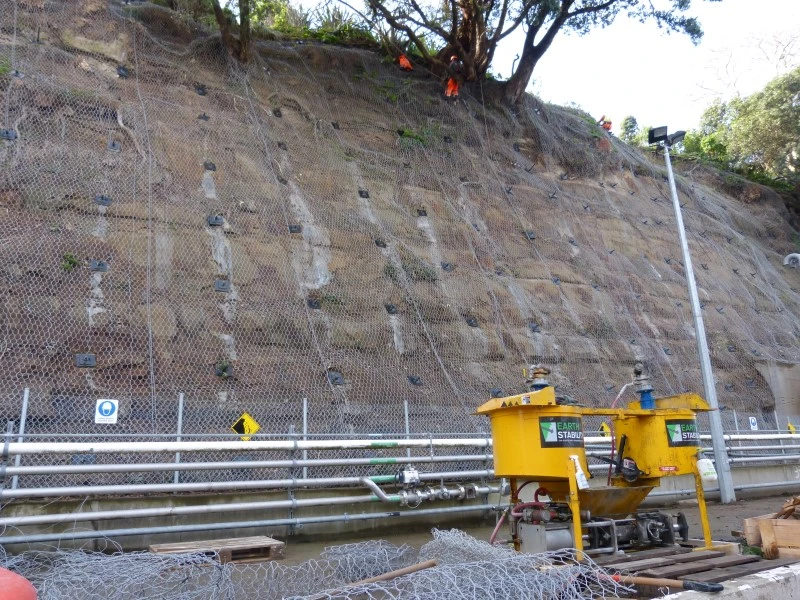
Rockfall protection netting: Select high-quality netting from the professional rockfall netting suppliers that meets the necessary strength and durability requirements.
Anchoring system: Depending on the site conditions, choose an appropriate anchoring system, such as steel cables, anchors, or dowels.
Supporting posts and brackets: Determine the type and spacing of posts and brackets needed to support the netting.
Tools: Prepare the necessary tools, including wire cutters, wrenches, drills, and safety equipment.
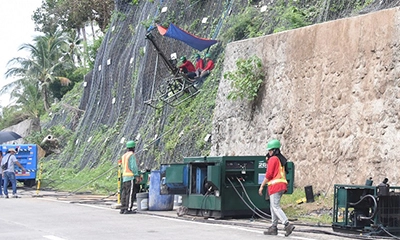
Use stakes, string, or spray paint to mark the boundaries of the rock fall protection netting area.
Ensure the marked area encompasses the potential rockfall zone and provides a sufficient safety buffer.
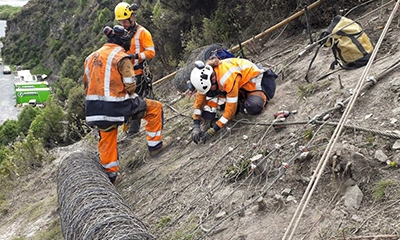
Determine the spacing of support posts based on the netting manufacturer's recommendations and the site conditions.
Install the support posts securely into the ground, ensuring they are properly aligned and leveled.
Attach the brackets to the support posts, ensuring they are positioned at the correct height and angle to hold the netting.
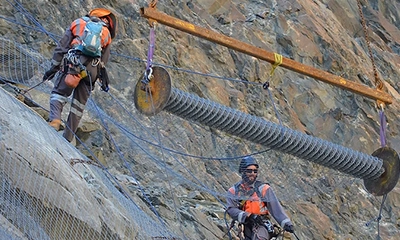
Unroll the rock netting slope protection along the length of the installation area.
Attach the netting to the brackets using appropriate fasteners, such as wire or clips, ensuring a secure connection.
Stretch the netting taut to minimize sagging and ensure proper coverage of the potential rockfall zone.
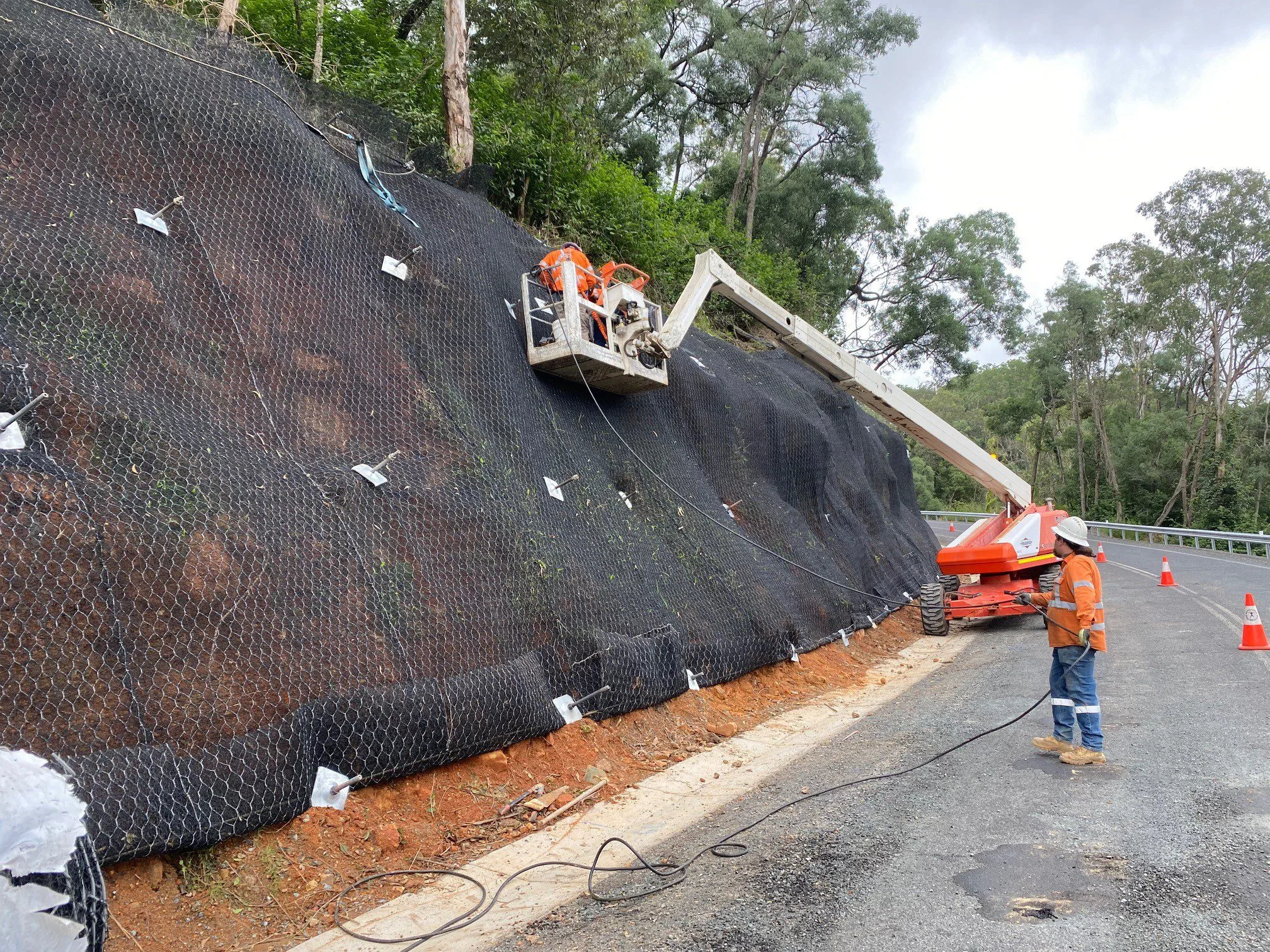
Install anchor points along the top, bottom, and sides of the netting to provide additional stability.
Use steel cables, anchors, or dowels to secure the rockfall netting installation to the anchor points, ensuring they are properly tensioned and anchored into stable rock or structures.
Periodically check the tension of the netting and adjust as necessary to maintain its effectiveness.
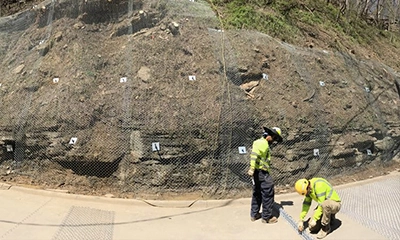
Conduct a thorough inspection of the entire rockfall protection system, checking for any loose connections, tears, or damage.
Perform a test by applying simulated rockfall forces to ensure the integrity and performance of the netting and anchoring system.
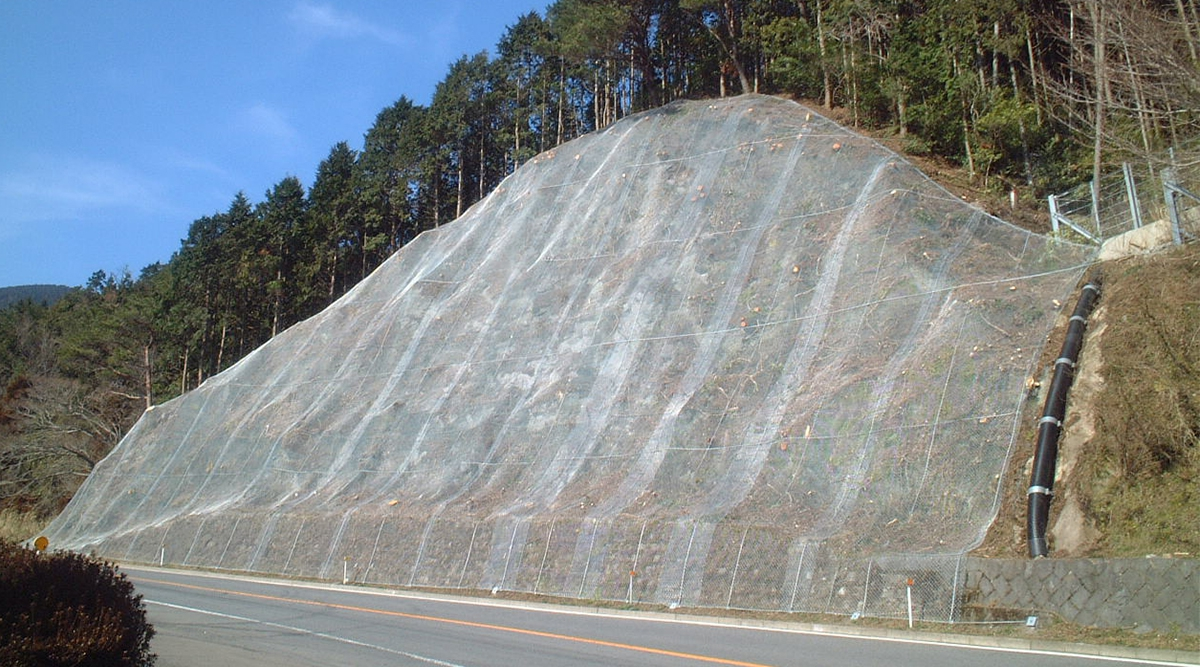
Regularly inspect the rockfall protection netting for signs of wear, damage, or vegetation growth that could compromise its effectiveness.
Clear any debris, vegetation, or rocks that accumulate on or near the netting to prevent additional rockfall hazards.
Monitor the site periodically to assess the performance of the rockfall protection system and make any necessary adjustments or repairs.
Note: It is crucial to consult with professionals experienced in rockfall protection systems to ensure the installation meets safety standards and local regulations. They can provide guidance specific to your site conditions and project requirements.
By following these steps and considering site-specific factors, you can install rockfall protection netting effectively, providing a safer environment and mitigating the risks associated with rockfall hazards. Contact SHENZHOU ANDESEN WIRE FENCING CO., LIMITED. for rock fall protection mesh, spider spiral rope mesh and tecco mesh.